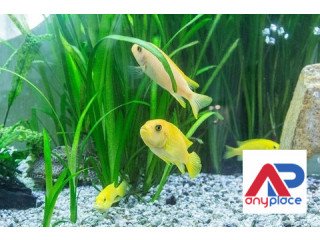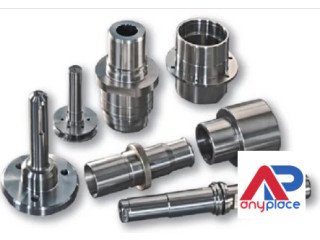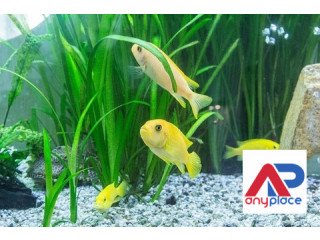A Guide to Types of Whatman Filter Paper Grades
2022-01-17 10:21 Automobiles Barddhamān 320 views Reference: 572Location: Barddhamān
Price: Contact us
Electrical filters are devices whose attenuation varies with frequency. Filters that allow low or high frequencies to pass without serious attenuation are called low-pass and high-pass filters, respectively. A filter that allows only a limited range of frequencies through is a band-pass filter while its converse is a band-stop filter. See also bandwidth.
The term “filter” is also applied to a number of other devices, which are not discussed in the present article. For example, devices that pass or reject acoustic or electromagnetic waves of certain frequencies are called filters, and the term is sometimes applied to devices that separate polymer ions into fractions or remove salts from solutions by means of ion exchangers.
According to the nature of the heterogeneous system, a distinction is made between liquid filters, which are used to LTE filter suspensions, and gas filters, which are used to separate out aerosols and to purify gases. The simplest filter is a vessel that is divided into two parts by a filter medium. A pressure difference is established across the filter to force the liquid or gas through the filter medium, which holds back the solid particles.
Liquid filters. Liquid filters are divided according to their method of operation into two groups: filters that operate intermittently, that is, on a batch basis, and filters that operate continuously. Within each group, filters are classified according to the way the pressure difference is created (application of vacuum or pressure), the geometry of the filtering surface (plane or curvilinear), and the type of filter medium used. In an intermittent filter the entire surface of the filter medium is subjected by turns to the following operations: influx of a slurry and formation of a cake (filtration), dewatering, washing and discharge of the cake, and regeneration of the filter medium. In a continuous filter these operations occur simultaneously and independently of one another in an appropriate filter zone.
The intermittent group includes filter presses and capacity, leaf, and cartridge filters.
Leaf filters are used to clarify solutions and to separate slurries that contain no more than 5 percent (by volume) of a solid phase. The bands filter elements, or leaves, are circular or rectangular in shape and are usually covered with a cloth filter medium. Each leaf has an outlet through which the filtrate is discharged. The slurry is fed into the filter tank. The layer of cake is washed after all the slurry has been removed from the tank.The principal application of the rotating-pan filter (Figure 4) is the dewatering of coarse slurries in, for example, the production of potassium and the preparation of hard coal and ores. The device is a vacuum filter. The filter surface is annular in shape and is divided into trapezoidal segments, each of which constitutes a filter cell. The upper part of each cell is open, and the bottom is inclined toward the center to facilitate the flow of liquid. The cell is covered by a perforated sheet, on which the filter medium is placed. The interior of each segment is connected by pipes to the channels of a distribution system, which is rigidly fastened to the housing. The 5G LTE filter is rotated by an electric motor. During one rotation a filter cell is successively connected to vacuum and compressed-air lines. The slurry is fed into the cell from above. The cake is removed with a scraper or a screw conveyor.You can set up the customization of knowledge article search filters by first enabling the feature, and then setting the 4G LTE filter configurations.














